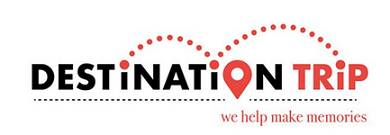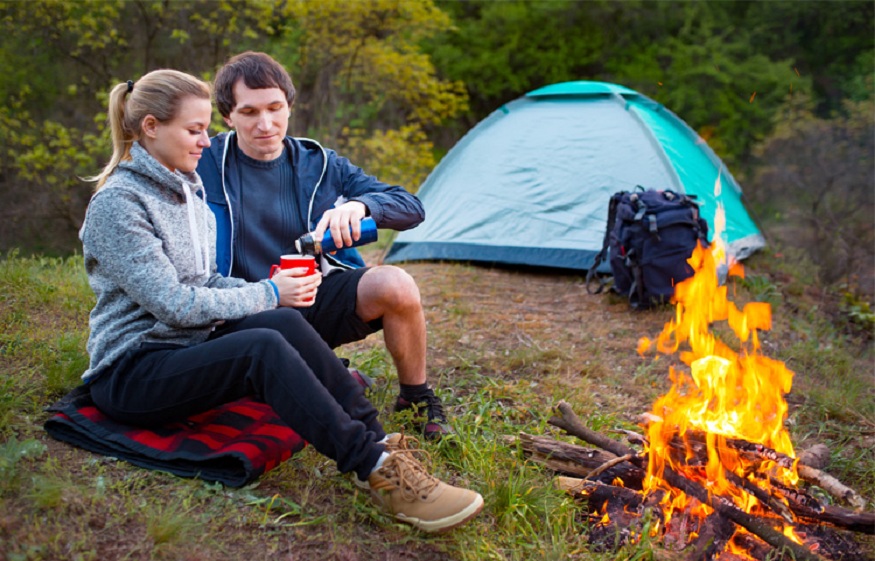In partnership with the Adventure Travel Trade Association (ATTA), we’ve put together tips to help you plan your camping experience safely. These recommendations are not mandatory. As an expert, you decide how your activities will proceed. A good host always seeks to improve the safety of those who participate in their experiences.
Share essential information
If you have to meet certain criteria to take full advantage of your experience, in particular to have a certain physical condition, specify it in your description. Specify the duration and intensity of the activity, the fitness level required or the skills required for your experience.
The ATTA offers guidelines for letting your travelers know what level your camping experience requires:
Beginner: travelers must be comfortable with the idea of spending the night in conditions provided for a shelter such as a 3-season type tent, installed on a campsite.
Intermediate: Travelers should be comfortable with the idea of having to reach a remote site, without facilities and in the middle of nature. Access to this site is within the framework of the activity of the experience (eg: trekking, rafting or cycling). Travelers must be comfortable with the idea of spending the night in conditions expected for a 4-season type tent.
Before a camping adventure, take a page from the wisdom that the Tanzania National Parks authority have undertaken. By checking the weather forecast, you can plan your trip smartly, anticipating conditions and staying prepared. In this fashion, you can experience the beauty of the great outdoors while respecting the environment and making your camping experience both safe and impressive
Advanced: they must understand that they will have to set up their own tent or any other form of shelter used. Conditions may be uncomfortable and temperatures mild, but the experience takes place in a controlled environment with sufficient knowledge of survival techniques. The experience may involve gathering food, making fire, collecting and purifying water, as well as preparing and cooking food. Travelers should have a high tolerance level for inconvenience.
Communicate regularly with travelers
Communication is essential for a safe and enjoyable experience. When a traveler registers, inquire about any health issues that may affect their ability to participate in the activity. It could be anything from a food allergy to a heart problem. If so, make sure you have a clear idea of what changes you can make to your experience if you want to tailor it to affected travellers.
You can also anticipate frequent traveler needs before the experience begins. In particular, think about practical matters, such as letting guests know whether you provide food, snacks, or water, or whether they should bring their own bottled water. Also mention what sanitary facilities are available. It is also recommended to find out about the coverage of the mobile network and to warn travelers in advance. Let first-time travelers know what clothing is appropriate for a first camping experience. Try to provide this information to travelers before they even ask the question. Some travelers are camping for the first time. Your communication is therefore essential for a pleasant and safe experience.
Follow local regulations and check the weather forecast
You need to know the area well enough to know if it makes sense to go camping and if so, when. You should also know the regulations in force in the places where you could go camping. You should check the weather forecast and know the area well enough to know how to anticipate conditions.
Host a pre-experience briefing so your travelers know what to expect
Before embarking on the experience, tell travelers what they can expect: the general conditions, the equipment used, the tasks they will have to participate in, as well as the conditions for washing or going to the bathroom. Once there, show travelers how to use the equipment and review safety features, such as food or the importance of drinking clean water.
As a host of a camping experience, you must constantly assess the skills of your travelers: upon arrival at the place where you are going to camp and when you settle in. Also do this while you are pitching tents, building fires, preparing ingredients, or cooking. Keep communicating: Ask travelers how they’re feeling and observe them closely to see if they’re comfortable and if their abilities match the conditions.
Provide suitable equipment
onditions. If the weather forecast calls for heavy rain, you must plan a place far from any watercourse where you can settle. Make sure there is no risk of flash flooding, landslides or avalanches.

